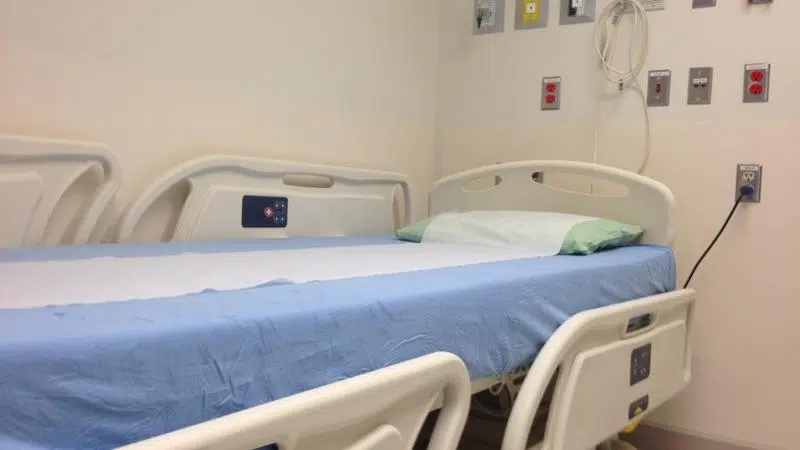
Pregnant nurse concerned about risk of COVID-19
A pregnant nurse in Regina is raising concerns about the risk of being exposed to COVID-19 on the job and what she feels is a lack of accommodations to protect her.
The woman requested her identity be kept confidential because she is worried about retribution from her managers or employer. For the purposes of this story, she will be called ‘Anne.’
In line with the official guidelines from the Society of Obstetricians and Gynaecologists of Canada, Anne’s midwife told her pregnant women are not considered to be at any higher risk from COVID-19 than anyone else. Pregnant women who work in essential services, including frontline health-care workers, can continue to work during the pandemic and would not require any additional personal protective equipment beyond that worn by other frontline workers.
From Anne’s perspective, there is still too much uncertainty and lack of medical research to make her feel safe. Her family doctor agreed and suggested she try to find a way to work outside of direct patient care.


